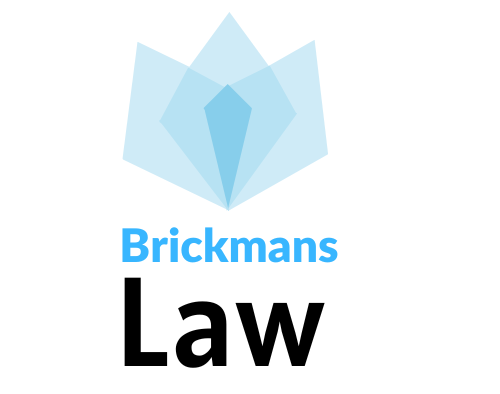World Bank Lists Measures For Nigeria To Boost Non-oil Revenue
The World Bank on Thursday reiterated its call for both state and the federal governments in Nigeria to adopt policies that would increase non-oil revenue.
In a presentation Thursday during a webinar titled: “Options to Raise Revenue in Time of Crisis,” Senior Public Sector Specialist at the World Bank, Mr. Rajul Awasthi, listed measures which included enhancing excise rates; implementing the electronic money transfer levy as contained in the Finance Act; rationalising tax expenditures; and reforming key tax statutes at the federal level, as measures that could help improve revenue collections for Nigeria’s weak economy.
Other measures, which Awasthi advised the country to adopt in the long-term, are improving revenue from cross-border transactions and other international tax measures as well as enhancing internally generated revenue.
He also advised both the state and the federal governments to embark on property tax reforms by updating or completing property records.
The World Bank official stated that Nigeria is Africa’s biggest economy, but presently, the country has the lowest tax-to-Gross Domestic Product (GDP) ratio of just 4.5 per cent.
He said: “We all know that revenues are essential to provide ensure services, provide security and deliver critical services. But what has happened is the COVID-19-related slowdown and the very low crude oil prices really took the economy into recession and revenues plunged in 2020.
“Now, given that this is a time of crisis, we really have to calibrate our policy response to ensure that we don’t endanger investment, jobs and growth. That was the critical underlying policy imperative that we kept in mind in crafting these suggestions.
“You cannot increase again, the rate of Value Added Tax (VAT) and Company Income Tax (CIT). Those kinds of reforms are out of the question. But there is a lot of potential in Nigeria for what we call low-hanging revenue yielding fruits.
“For example, increasing ‘Sin Taxes.’ The Finance Act 2020 provided for a levy on electronic transfer that hasn’t yet being implemented. There is a revenue potential there. There is also a need to rationalise tax expenditure. That means evaluating the tax expenditure to see which of them are actually fulfilling the policy objectives for which they were put in place. If they are not, then you get rid of them because they are only draining revenues.”
The World Bank estimated that if the aforementioned measures are adopted, the country’s tax-to-GDP ratio could go up to seven per cent within three years, generating an additional N10 trillion in non-oil revenue.
According to him, Nigeria has one of the lowest rates on alcohol and cigarette.
He added that the amount being charged by the country as excise duty on cigarette is even lower than the ECOWAS average.
“So, we estimate that if Nigeria adopts same rate of excise that Kenya adopted, the country can raise significant revenue. These are ‘sin’ goods; so taxing them will also be good from the health perspective,” he said.
He stressed the need to remove loopholes in Nigeria’s tax administration as well as ensure better tax compliance.
Awasthi said: “According to our analysis, you can double non-oil revenues with minimum disruption of the economy. We (the World Bank and IMF) are working with the tax administration agencies to strengthen capacity and improve the ability to enforce compliance.
“In terms of property tax reform, we are working with the states to ensure that property registers are updated, laying a strong foundation for them, so as to improve revenues from property taxation. Obviously, this will not impact the poor because they do not have large properties.
“On Personal Income Tax, this is where the states have to take actions by bringing in revenue-raising measures through better access to data so as to improve tax compliance.”
The multilateral institution also estimated that Nigeria loses about N3.1 trillion in VAT leakages.
The estimate of VAT revenue loss covers both VAT policy choices and compliance gaps, it added.
The World Bank stated that the country has much greater revenue potential from VAT than currently being achieved.
“Given no input tax credit (ITC) on capital goods, Nigeria embeds VAT in capital investment that impacts all sectors. Capital investment is key to productivity gain; an efficient VAT stimulates such investment.
“But, a significant amount of Nigeria’s current VAT revenue likely comes from taxation of capital investment, so this reform will have a significant revenue impact,” it added.
The post World Bank Lists Measures For Nigeria To Boost Non-oil Revenue appeared first on Lawyard.
